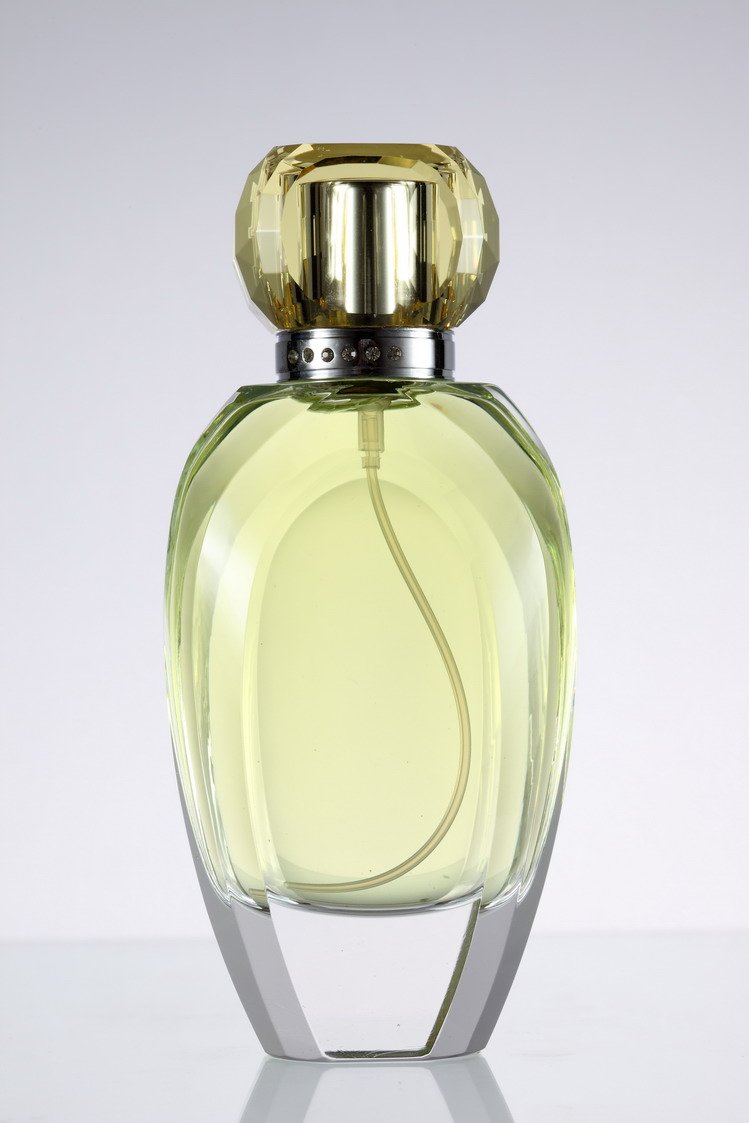 A Brief Look at How Perfume is Made
A Brief Look at How Perfume is MadePerfume is a pretty common part of our daily lives nowadays. There is a fragrance for all of our distinct tastes, whether you prefer the more floral scents or the sweeter, fruitier ones, there is a perfume out there for you. But just how is it made?
Perfumers have a tough job in creating original, exciting fragrances. There is no absolute technique to creating perfumes, since there are many different ways to go about it, but there are some basic guidelines that all perfumers follow. The first and foremost of these guidelines, is choosing quality essential oils. All perfumers agree that there are four distinct groups into which all oils fall: the primary scents, the modifiers, the blenders, and the fixatives. We'll explain a little bit about each category in the paragraph below.
The primary scents are the ones on which the fragrance will be grounded, as, for example, a rose base. If the perfumer would like to create a new, original primary scent, then he or she can blend two or more oils to bring the perfume to life. The modifiers are scents which are used to add a particular variety to the primary scent, such as adding a touch of fruit fragrance to a floral perfume. These oils do just as their name states: they modify the perfume's main scent. Blenders are a huge group of ingredients that are used to give depth, or layers, to the perfume, therefore making it more complex for the olfactory scent to pick out. Lastly we have the fixatives, which are usually used to stabilize and strengthen the primary scents.
Once the different oils have been gathered, they need to be mixed together in a particular order dictated by the perfumer's personal taste. The manner and order in which the oils are blended greatly alters the perfume's fragrance, so the perfumer must be sure to record the exact formula. One the oils are blended, the alcohol is introduced. Whether the perfumer wants to create a perfume, a cologne, or toilette water will determine how much alcohol he must use. As an example, cologne only has three percent essential oils mixed in with alcohol and water, while perfume has ten to twenty percent. Perfumes, therefore, have a much stronger scent than toilette water or cologne.
The next step is to allow the perfume to age. It can take months or even years for the perfume to develop the exact fragrance the perfumer desires, so it requires lots of patience and perseverance.
As you can see, perfume-making is not a simple job. It requires an idea of how scents blend together, as well as a delicate sense of smell to produce those fascinating fragrances we all enjoy so much. Perhaps because of this difficulty, perfume-making will always seem so fascinating.
Get To Know The Author: Larry Norsen is a writer and influential leader. He enjoys doing the impossible, contributing to publications, and listening to music. You can visit this valuable resource for more info about this article's subject http://www.scentmatchersreviews.com You can find more of his writing on the author's profile.